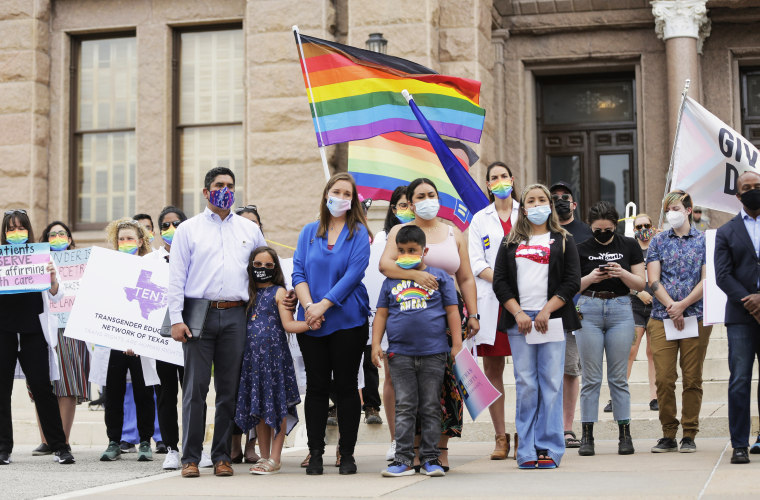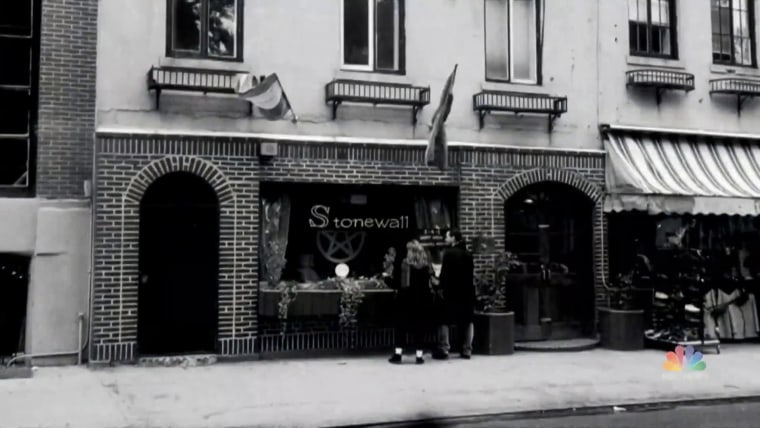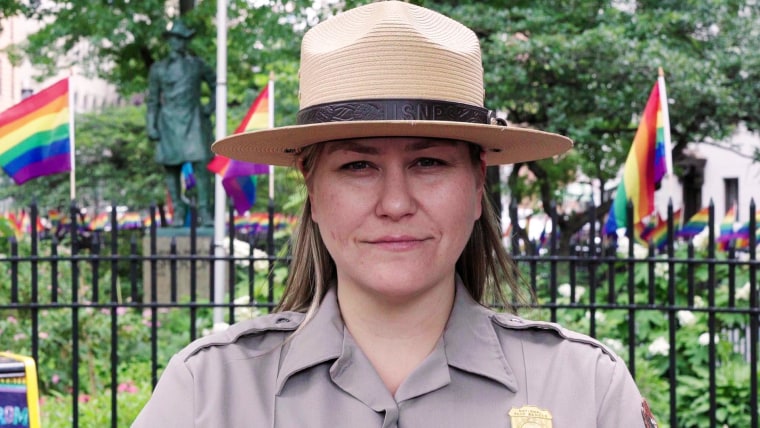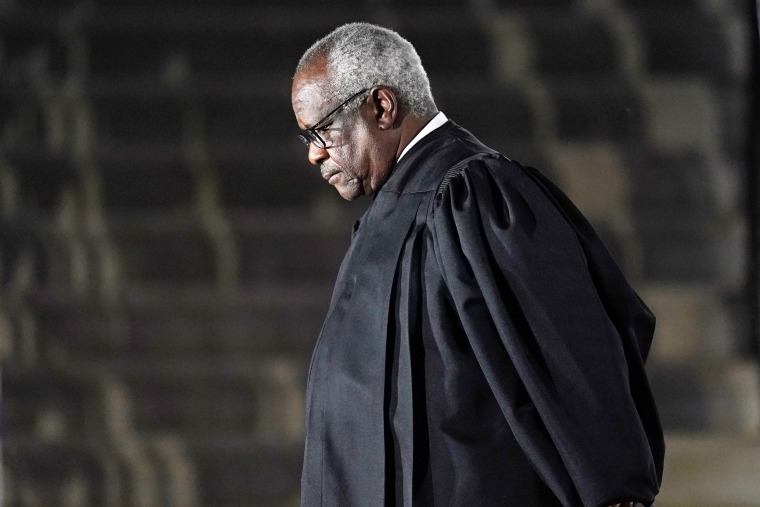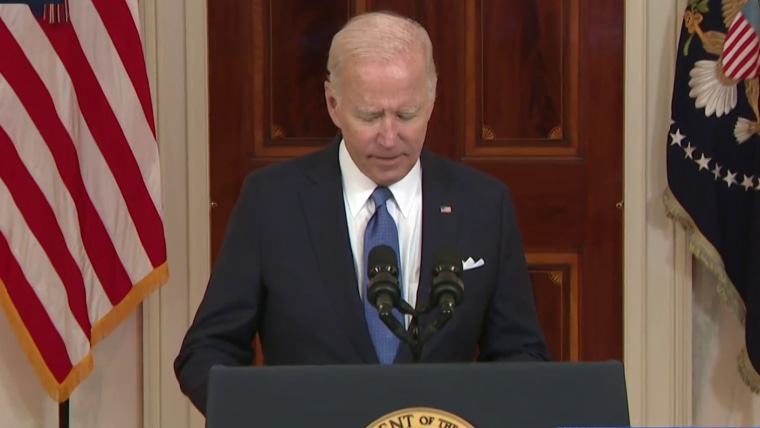These 9 queer candidates for Congress have a good chance of winning
As voters head to the polls today for primaries in 5 states and the District of Columbia, a record number of LGBTQ candidates for federal office are bringing the prospect of equal representation in Washington ever closer to reality.
A record 104 LGBTQ candidates have mounted campaigns for House or Senate seats this year, with 57 candidates still in the running.
Currently, 11 out LGBTQ lawmakers serve in Congress, including Sens. Tammy Baldwin (D-WI) and Kyrsten Sinema (D-AZ), plus nine members of the House, all running for reelection.
Nine more LGBTQ candidates for House seats are in competitive races. Wins in their states would bring total LGBTQ representation in the House to 4%, or about half of the estimated population of LGBTQ people in the US.
Those nine include 4 women, 2 Latinx candidates, and an LGBTQ immigrant.
Here’s a breakdown:
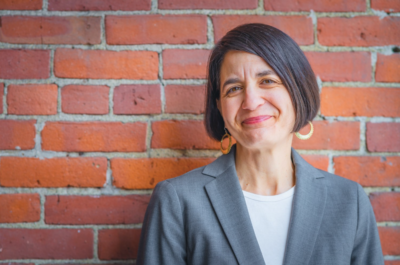
In Vermont, state senator Becca Balint is facing off against three other Democrats in the August 9 primary for a shot at an open seat representing Vermont’s At-Large Congressional District. Balint is the first woman and first out gay person to serve as the Vermont Senate President Pro Tempore, and would be the first out LGBTQ person and the first woman elected to Congress from Vermont.
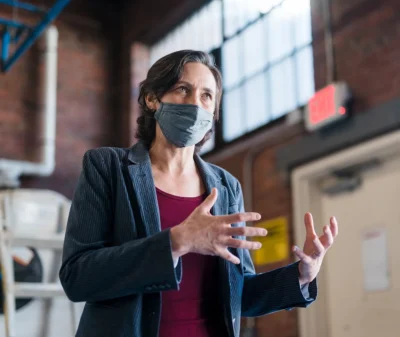
In North Carolina, County Commissioner Jasmine Beach-Ferrara, won the Democratic primary handily and faces off against Republican Chuck Edwards for a seat currently occupied by primary loser Madison Cawthorn.
Beach-Ferrara is an ordained minister in the United Church of Christ and the founding Executive Director of the Campaign for Southern Equality (CSE) and would be the first out LGBTQ person elected to any federal position from North Carolina.
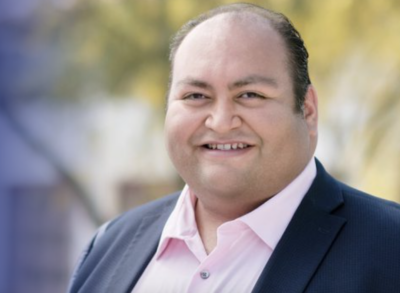
In Arizona, state representative Daniel Hernandez faces off against two other candidates in the Democratic primary in August for an open seat in Arizona’s 6th congressional district.
Hernandez attended the University of Arizona and interned for then-Congresswoman Gabby Giffords, whom he was with the day she was shot; he was the first to administer first aid to the Congresswoman before the EMTs arrived. He was named a national hero by President Obama.
Hernandez would be the second Latinx out LGBTQ member of Congress.
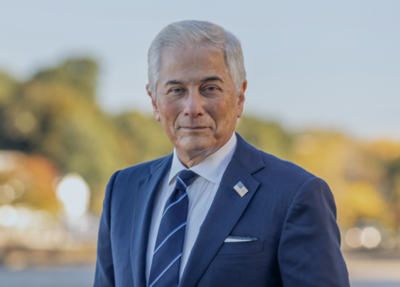
In New York, former Congressional aide and businessman Robert Zimmerman will face off against five other Democrats for an open seat in the August 23 primary in Long Island’s 3rd congressional district.
Zimmerman has been honored by the LGBTQ Network of Long Island and Queens and the Long Island Progressive Coalition, in addition to serving as President of Great Neck B’nai B’rith and the American Jewish Congress Long Island Division.
The Empire State’s congressional delegation currently includes three LGBTQ members: Ritchie Torres, the first out LGBTQ Afro-Latinx person elected to the U.S. Congress; Mondaire Jones, one of the first two Black gay men, along with Torres, elected to Congress; and Sean Patrick Maloney.
Zimmerman would be the first out LGBTQ member of Congress from Long Island.

In California, two-term Long Beach mayor Robert Garcia is running for an open seat to represent the city in Congress from California’s 42nd district. Garcia was re-elected to a second term as mayor by almost 80% of the vote in 2018.
Garcia immigrated to the United States at age 5 and holds an M.A. from the University of Southern California and an Ed.D. in Higher Education from Cal State Long Beach, where he also earned his B.A. in Communications. He won an open primary in June with 46% of the vote, 20 points higher than his general election opponent for the seat, Republican John Briscoe.
Garcia would be the first out LGBTQ immigrant elected to Congress.

Also in California, former federal prosecutor Will Rollins is running to represent Riverside County in the state’s 41st district against Republican Congressman Ken Calvert in the 42nd district. Rollins won the Democratic primary June 7.
Rollins earned a bachelor’s degree from Dartmouth in 2007 and a law degree from Columbia Law School in 2012. As an Assistant U.S. Attorney, he helped prosecute some of the insurrectionists who attacked the U.S. Capitol on January 6th.
Rollins’ election would make him the second out gay man from California to serve in congress, after incumbent Mark Takano, from the same district; Takano is running in 2022 for a seat in the state’s 39th following re-districting.
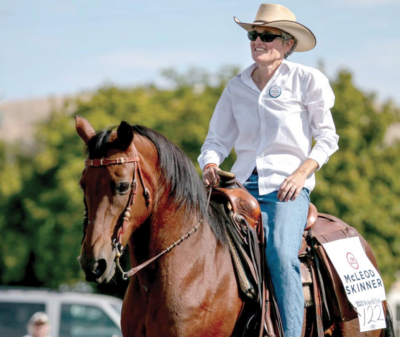
In Oregon, Jamie McLeod-Skinner is running as the Democratic nominee for an open seat representing the state’s 5th district, after winning a primary in May 15 points ahead of her opponent. She faces Republican Lori Chavez-DeRemer in the general.
McLeod-Skinner currently serves as an elected board member of the Jefferson County Education Service District. This is her second run at Congress, after a change-making grassroots campaign for Oregon’s second district in 2018, resulting in the largest voter swing (+26) of all congressional races that year.
McLeod-Skinner would be Oregon’s first out LGBTQ member of Congress.

In Maryland, former Assembly member Heather Mizeur is running to represent the state’s 1st Congressional District. Mizeur faces one other opponent in Maryland’s July primary to face off against Republican incumbent Andrew Harris in the general.
In the Maryland Assembly, Mizeur took a leading role in passing marriage equality, banning fracking, enacting criminal justice reforms, and expanding health insurance for children, women, and families.
Mizeur would be the first out LGBTQ member of Congress from the state.

In Illinois, popular TV meteorologist Eric Sorensen is running against five opponents in the Democratic primary for an open seat to represent the state’s 17th congressional district.
Sorenson says he was pushed out of his first television gig in Texas, with a copy of his contract sitting on his boss’s desk and the “morals clause” highlighted.
Sorenson would be the first out LGBTQ person elected to Congress from Illinois.


